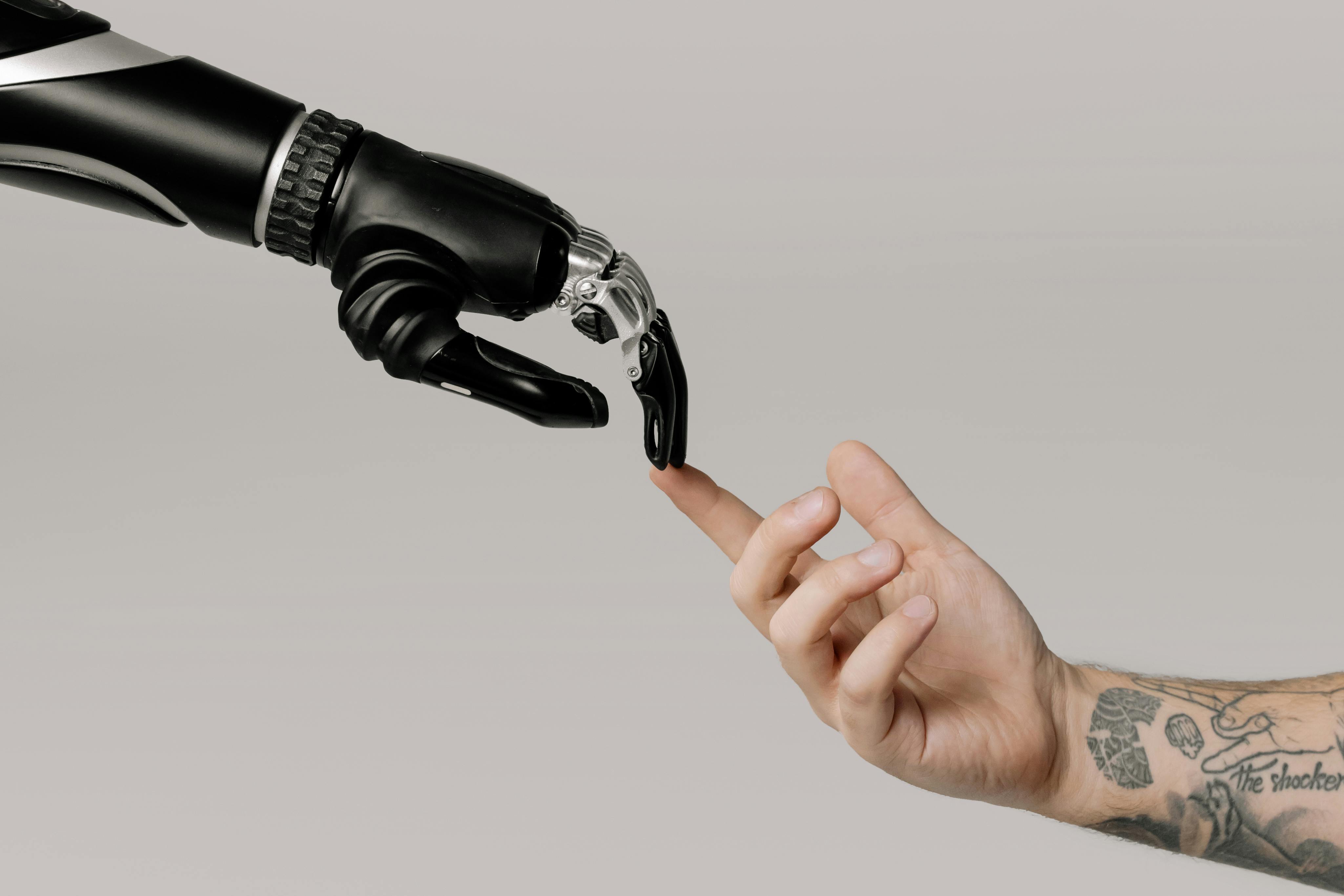Virtual Sales Trends: How AI Hosts Are Changing E-Commerce

Why Virtual Hosts Are Gaining Attention
Virtual sales are transforming how consumers shop online and creating new ways for brands to engage audiences. Keep up with StratDev’s monthly blog to stay informed about trends shaping the marketing landscape.
Across China, a new trend is capturing attention: AI-powered virtual hosts running livestream sales events. One notable example saw a virtual host promoting Brother printers achieve a 30% boost in sales during just a two-hour session. While this technology is still experimental, it illustrates how automation and digital avatars are beginning to reshape consumer engagement.
For marketers, the rise of AI hosts is an opportunity to observe, learn, and adapt strategies, even if you don’t implement this technology yourself. Understanding the successes, challenges, and audience reactions can inform broader marketing decisions.
Observed Use Cases in the Market
The appeal of AI hosts lies in their scalability and consistency. Unlike human hosts, they can run sessions continuously, maintain brand messaging perfectly, and avoid scheduling conflicts or reputational risks. Observing these advantages can inspire ideas for improving digital engagement in your own campaigns.
While China’s livestream e-commerce is leading the trend, similar concepts are appearing globally:
- Automated customer engagement: Chatbots and digital assistants providing support or product info.
- Interactive product demos: Virtual tools showing features in real time.
- Digital brand experiences: Immersive online events with gamified or interactive content.
Even if you don’t implement these exactly, tracking their impact provides insight into evolving consumer behaviors.
Challenges and Considerations
Industry observations highlight potential challenges:
- Audience perception: Some consumers may feel disconnected from virtual or automated interactions, lacking human empathy.
- Cultural nuance: Humor, tone, and messaging need careful adaptation for global audiences.
- Technical reliability: Glitches or awkward interactions can undermine engagement with users.
Constantly monitoring these aspects is key to understanding the limits of automation in marketing.
Strategic Takeaways for Marketers
Even without deploying AI hosts, marketers can learn from these trends:
- Experiment with scalable digital experiences that complement campaigns.
- Track audience reactions to interactive or automated content.
- Use lessons from early adopters to guide planning and testing.
The key is observation and adaptation, not necessarily adoption.
Looking Ahead
Virtual hosts are one example of how digital technology is changing marketing. Brands that stay informed and analyze early experiments will be better positioned to understand consumer behavior and anticipate shifts in engagement, while staying open to new tools that can be implemented as opportunities arise.
Final Thoughts
The pace of digital transformation is accelerating, and businesses that translate insights into strategy will be the ones that thrive. At StratDev, we specialize in digital marketing solutions tailored to each business. Follow our blog for fresh perspectives on marketing trends, or reach out to see how we can help your brand adapt and thrive in the digital landscape.


%2010.12.56%E2%80%AFa.m..png)
%2011.20.30%E2%80%AFp.m..png)
%208.54.56%E2%80%AFa.m..png)